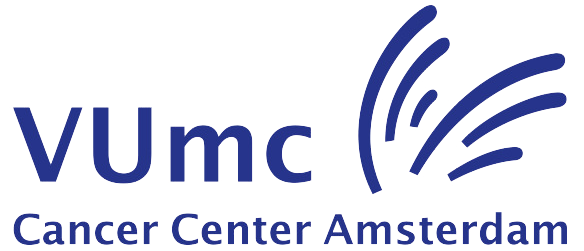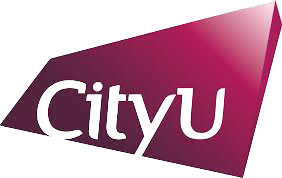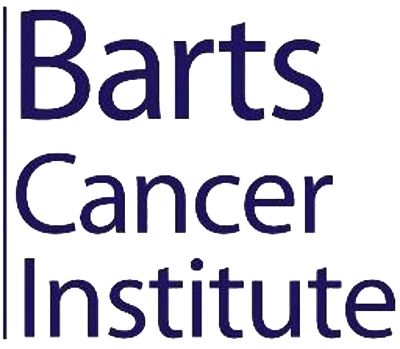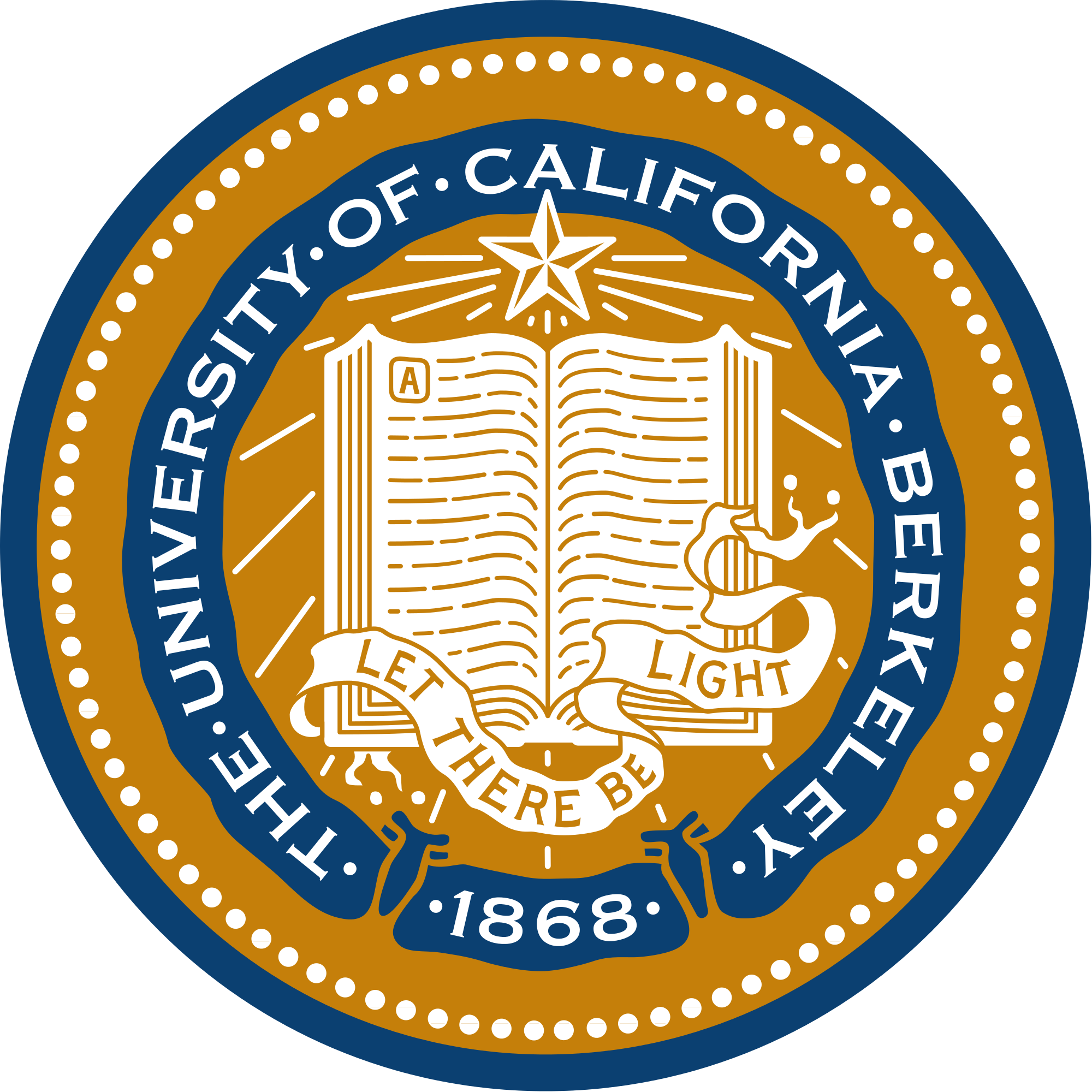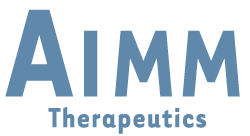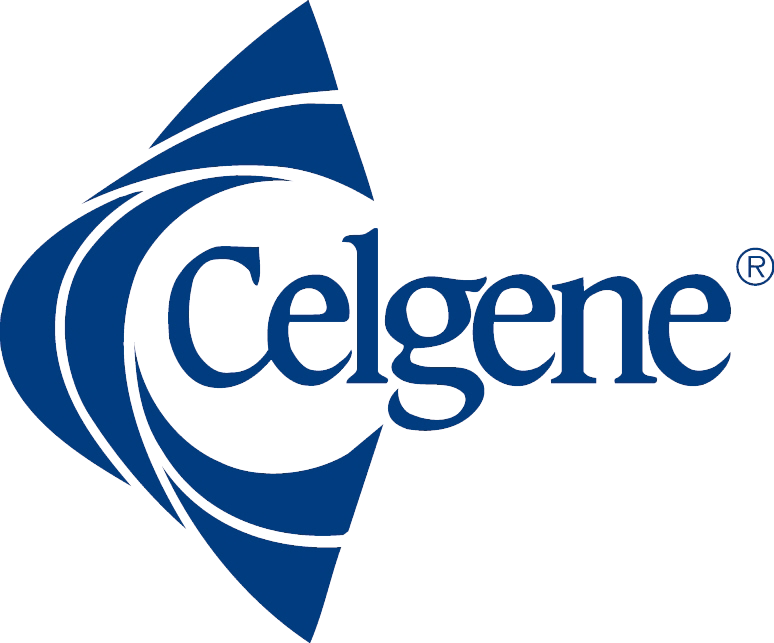NATIONAL COLLABORATIONS
Department of Pathology at the AUMC.
The group of Marc van de Vijver at the department of Pathology has extensive expertise in molecular oncology research. We now tightly collaborate in genomics and transcriptomics of pancreatic cancer. This entails not only the exchange and sharing of material from our biobank and cryoarchives, but also joint bioinformatics analyses, experimental work in models for tumor biology, PhD candidate supervision, and communication with external partners through our shared networks.
Department of Surgery at the AUMC / Dutch Pancreatic Cancer Group (DPCG).
The collaboration with PIs Marc Besselink and Olivier Busch and their teams involves many aspects of our research. This department handles part of our biobank accrual, data management and connects us to the wider pancreatic cancer research community the Dutch Pancreatic Cancer Group (DCPG). In our scientific interactions, my lab provides the wet-lab expertise and handles the more fundamental aspects of pancreatic cancer that require a biomedical approach. Furthermore, we have closely worked together in establishing the Dutch Pancreatic Biobank PancreasParel, building on the logistics previously set up by my lab for BioPAN.
Department of Medical Oncology at the AUMC.
This department has a longstanding tradition in translational and clinical research on pancreatic cancer. The department takes part actively in several networks in The Netherlands in addition to the DPCG, and as a consequence, connects us to research communities, cohorts, and patient advocates that fall outside of the scope of DPCG. We closely collaborate and share PhD candidates with the group of Hanneke van Laarhoven working on imaging and targeting the tumor-stroma interaction in the upper gastrointestinal tract. For examples of our shared work, see PubMed.
In addition, my group’s collaboration with Hanneke Wilmink provides a close link to the clinical trials running for pancreatic cancer in our hospital. See also clinicaltrials.gov.
The ARNOLD SPEK group at the AUMC
Together with dr Spek’s group we investigate the role of blood coagulation-related proteins that mediate resistance to commonly used therapeutics in pancreatic cancer. Targeting their downstream signaling in the stroma or the tumor cells could for instance increase the efficacy of gemcitabine in selected patients.
OncoProteomics Lab at the VUmc / Elisa Giovannetti Lab at the VUmc.
Together with Elisa Giovannetti and Connie Jiménez at the VUmc/CCA, my lab investigates the complex patterns of activated proteins that exist in cancer cells using -omics approaches. The goal is to identify novel therapeutic targets and predictive markers in pancreatic cancer by transcending the transcriptome analysis typically employed in cancer and focusing on the downstream proteins.
INTERNATIONAL COLLABORATIONS
PANDoRA Consortium at DKFZ.
We are part of the PANcreatic Disease ReseArch (PANDoRA) consortium based at the DKFZ. By contributing large numbers of samples for genetic analysis, the consortium partners aim to identify genetic markers for risk assessment in pancreatic cancer. See for instance a recent Nature Genetics paper to come from our collaborative analyses.
Xin Wang at the City University of Hong Kong.
Our collaboration with Dr Wang has been instrumental in establishing the molecular subtypes that exist in pancreatic cancer, and the analysis of experimental models used to investigate the biology driving these subtypes.
Hemant Kocher at Barts Cancer Institute, London.
Dr Kocher’s efforts to establish the organotypic (co)culturing method for pancreatic cancer (ref, ref, ref) have allowed my lab use and modify this system to study complex tumor-stroma interactions that could not be studied in existing in vitro methods. This has been especially useful in establishing the contributions of the stroma to tumor growth patterns and morphology.
Roelink Lab at UC Berkeley.
Our long standing collaboration with the group of Henk Roelink has yielded numerous papers that explain how Hedgehog ligand is transported, perceived, and what the consequences of this are for the developing embryo, but also in cancer.

